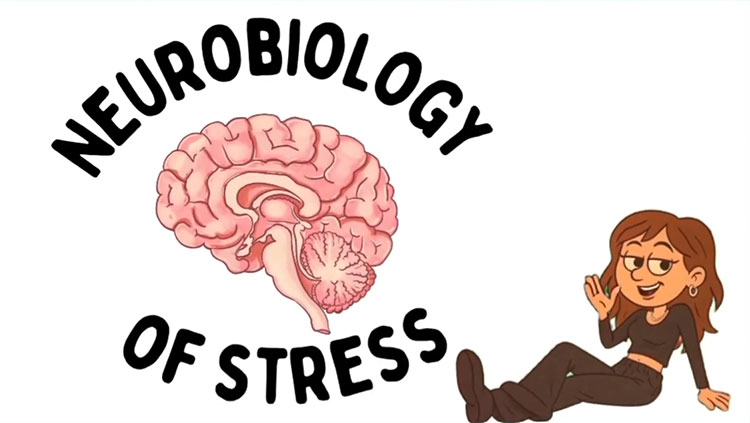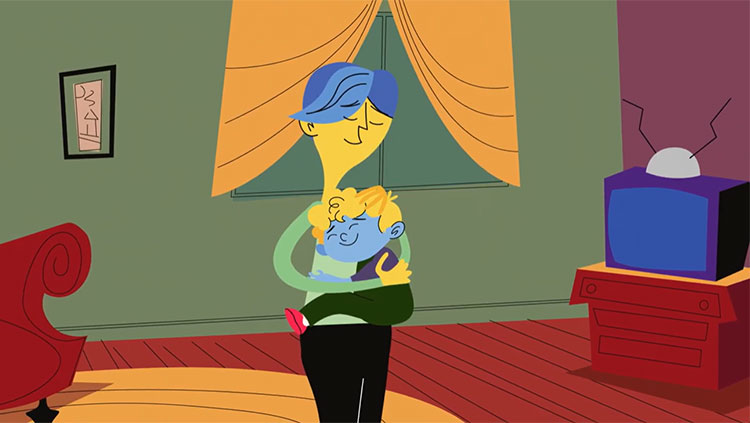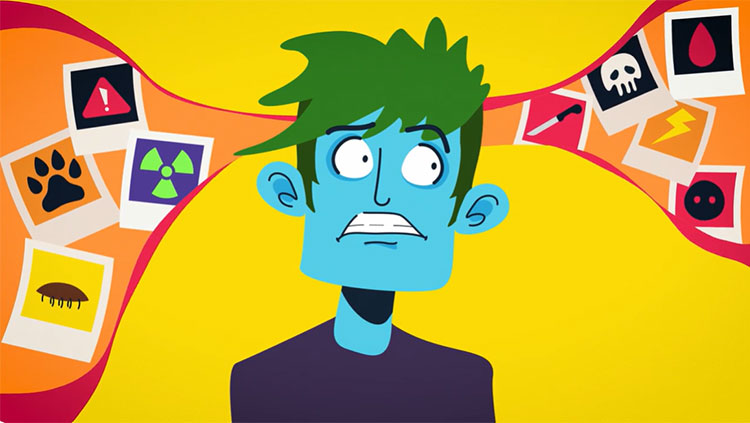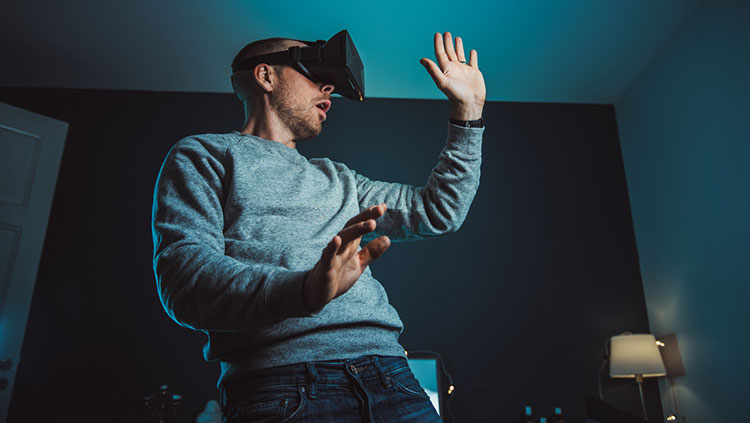I Love You With My Whole Brain: The Neuroscience of Love
- Published13 Oct 2021
- Source BrainFacts/SfN
Contrary to what pop culture and colloquial expressions tell us, love really resides in the brain. Surges of different neurotransmitters give rise to the emotional whirlwind that characterizes the early stages of romantic relationships.
This is a video from the 2021 Brain Awareness Video Contest.
Created by Marina Rodriguez Lopez.
CONTENT PROVIDED BY
BrainFacts/SfN
Transcript
For as long as we have records, humans have been fascinated by love. It is always described as this mystical, out-of-body experience that no one can really explain. However, love could be easily summarized into a combination of different neurobiological processes. So, in this video, let’s dive deeper into the neuroscience of love!
Meet Laura. She has just found someone she finds attractive. We can probably all imagine how she is feeling right now. But what is happening inside her brain? Since seeing this guy, Laura’s brain has started to secrete oxytocin. This hormone is thought to be involved in attachment. Interestingly, oxytocin can act in the amygdala, a subcortical structure important for processing emotions, especially fear. Thus, oxytocin can block the fear center in our brains. That lowers our inhibitions, making Laura feel brave enough to approach the guy, Mathew.
Apart from secreting oxytocin, now both of them are also releasing dopamine. Dopamine is the neurotransmitter of reward and reinforcement. That is why staying close to the object of attraction feels good. The longer we stay with them, and the more we touch them, the more oxytocin and dopamine will get released. Oxytocin in particular will reach its highest levels during orgasm.
Interestingly, these neurotransmitters increase plasticity in the brain, especially in areas for learning and memory. This means that in the first stages of love and attraction our brain is particularly prepared to memorize everything we need to know about this person.
If the couple continues to see each other, these two neurotransmitters will make Laura and Mathew want to spend more time together, as dopamine makes it more rewarding and oxytocin makes them feel euphoric and relaxed. That is also why boring activities will seem fun if they are together.
Additionally, oxytocin will continue to interact with the amygdala, decreasing fear and inhibitions. At this point, red flags might be harder to spot. So now you know why they say that love is blind.
Another relevant neurochemical is serotonin. Its levels considerably decrease in the beginning of a relationship. Drops in serotonin levels are also associated with depression and obsessive-compulsive disorder. This has led some researchers to suggest that it might be behind the obsessive behaviors early on in relationships. So next time you find yourself checking your new partner in social media or continuously thinking of them, you can blame serotonin.
So far, we have discussed three neurochemicals that are crucial for the development of love and attraction over the first few weeks and even months. However, these neurotransmitters are not enough long-term. That is when beta-endorphin comes in. This neurochemical is the natural brain's opiate and is released when laughing, singing, or doing exercise. It seems to be involved in all long-term non-sexual relationships. Thus, it mediates attachment between friends and family as well as long-term romantic partners. As any opiate drug, it is also very addictive and can produce intense feelings of craving and withdrawal. Therefore, when the effects of the other neurotransmitters start to go down, Laura and Mathew can rely on beta-endorphin to maintain the relationship. It will make them crave each other’s company when they are apart.
Of course, this is only a simplified explanation, since love is a complex construct that is not fully understood yet. It is also important to note that the research has mostly been carried out with heteronormative couples, so there is not much known about other possibilities. What we do know is that our brain is fully responsible for that fuzzy feeling and all the stupid stuff we do in the beginning of a relationship. So next time you say to someone, “I love you with my whole heart,” maybe you should say, “I love you with my whole brain and all of the neurotransmitters!”
Also In Emotions, Stress & Anxiety
Trending
Popular articles on BrainFacts.org

















